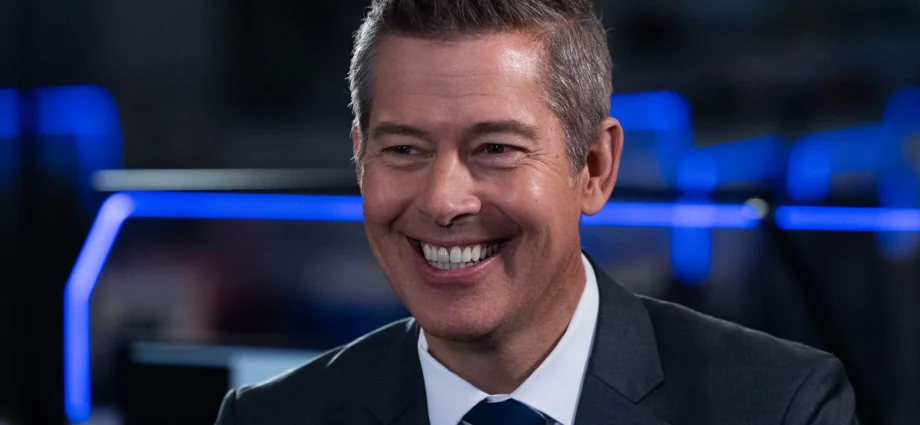EXCLUSIVE — Transportation Secretary Sean Duffy isn’t losing any sleep over not being invited to Washington, D.C.’s, most exclusive club.
Duffy sat for a half-hour interview with the Washington Examiner on Thursday, covering a range of topics such as the Department of Transportation’s push to innovate automated driver and delivery technologies, the Department of Government Efficiency, the fallout from January’s deadly Washington, D.C., plane crash, and more.
Duffy wasn’t included in the group chat of nearly 20 Cabinet and top Trump administration officials, plus Atlantic Editor-in-Chief Jeffrey Goldberg, discussing the president’s plans to strike Houthi rebels in Yemen earlier this month.

The transportation secretary simply laughed when asked if he experienced any “FOMO” (fear of missing out) after realizing he wasn’t invited to the group chat. He added that he heard about the story in real-time with the rest of the country on Monday.
“Transportation did not have a role in that conversation, but I watched it as any American would, seeing that unfold, and it would be interesting to see what actually happened there,” he said with a chuckle.
National security adviser Mike Waltz, the group chat’s organizer, and Defense Secretary Pete Hegseth, who provided a detailed sequencing of the attacks and their targets, have caught most of the flack from critics in recent days. Yet, President Donald Trump has indicated that, currently, both their jobs are safe.
Still, Duffy told the Washington Examiner that he believes the incident will ultimately be “positive” for the administration.

“I think you have to be incredibly cautious with whoever you communicate with,” he said. “I do think it’s important that we just — we make sure we’re talking to the people that are supposed to get the information, as opposed to inviting people in or noticing that people are in that shouldn’t be there, and I think that’s the lesson.”
When coordinating across agencies, it can be “hard to get everyone on a group phone call,” and “email chains can be clunky,” he said.
“It should be a conversation? How do you actually get a group of people who need to be in the know and have a conversation? What is the appropriate form for which you do that? And how do you make sure that it’s only those people that are in the conversation?,” he concluded. “That’ll be a conversation and the thought process that happens after this Signal issue.”
You can read the Washington Examiner‘s exclusive interview with Duffy in full Monday


